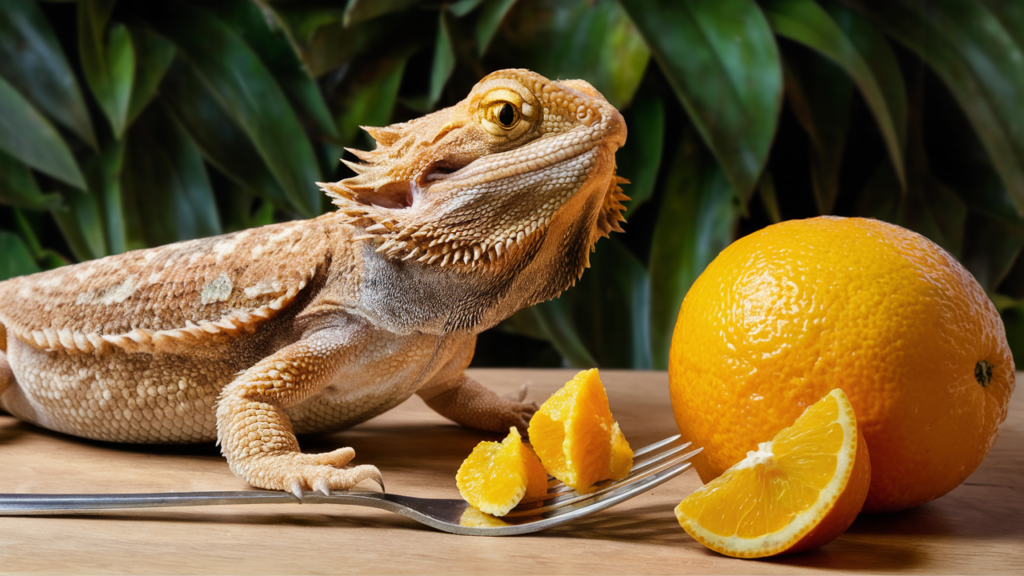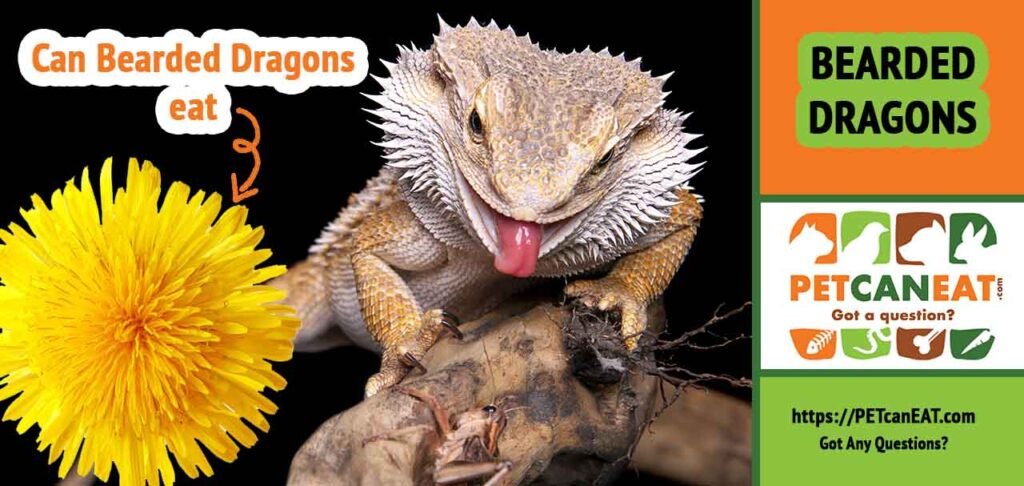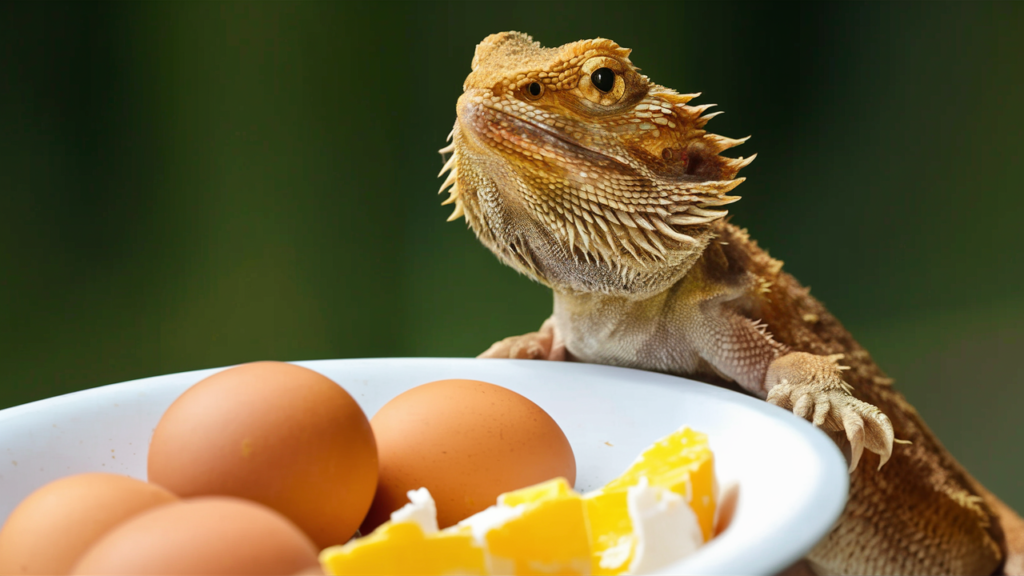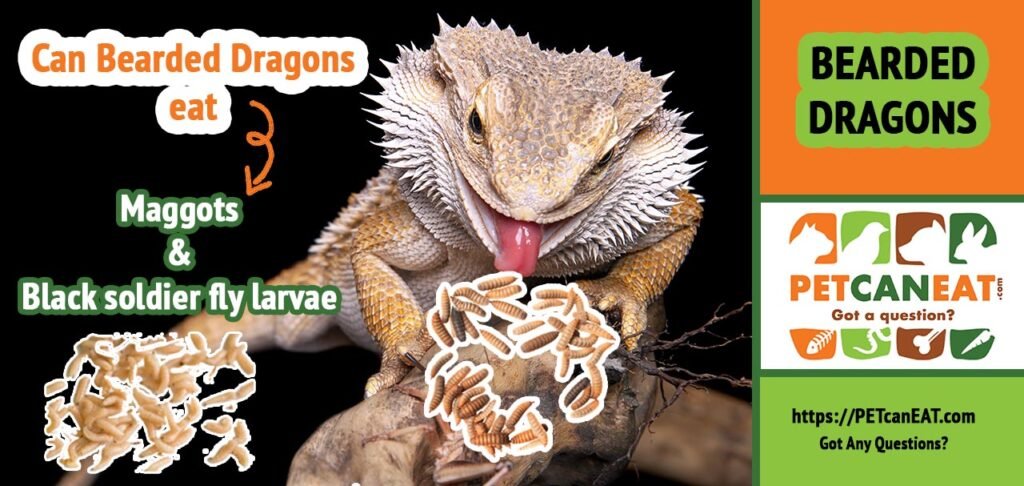Bearded dragons are increasingly popular pets, known for their distinctive appearance and docile nature. As pet owners strive to provide the best care for these unique reptiles, questions about their diet and nutritional needs often arise. One such question is: can bearded dragons eat rocket (also known as arugula)? This article explores rocket’s suitability in a bearded dragon’s diet, looking at its nutritional benefits, potential risks, and guidelines for incorporating it into their meals.
Can bearded dragons eat rocket? Nutritional Value
Rocket, a leafy green vegetable, is celebrated for its peppery flavor and is loaded with essential nutrients beneficial for bearded dragons. It is high in Vitamin A, Vitamin K, calcium, and antioxidants, all of which play a very important role in supporting the pet’s overall health of these reptiles.
Vitamin A
Vitamin A is vital for maintaining your pet’s healthy skin, eyesight, and reproductive health in bearded dragons. Rocket’s high Vitamin A content makes it an excellent dietary addition for ensuring that your bearded dragon receives this essential vitamin, which is crucial for their overall well-being.
Vitamin K
Vitamin K is super important for blood clotting and bone health. Including rocket in a bearded dragon’s diet can help maintain strong bones, which is particularly critical for growing juveniles and aging dragons.
Calcium
Calcium is a crucial nutrient for bearded dragons, particularly in preventing metabolic bone disease, a common condition in captive reptiles. Rocket offers a good source of calcium, necessary for healthy bone development and maintenance, making it an ideal choice for a balanced reptile diet.
Antioxidants
Antioxidants in rocket help combat oxidative stress and support the immune system. This is beneficial in keeping your bearded dragon healthy and less prone to diseases.
Can bearded dragons eat rocket? Potential Risks
Although nutritious, rocket should be moderately offered due to its high oxalate content. Oxalates can bond with calcium and other minerals, reducing their absorption and potentially leading to nutritional deficiencies. Overconsumption of rocket can also lead to gastrointestinal upset in some bearded dragons.
Oxalate Content
The oxalate content in rocket can interfere with calcium absorption, which is a concern for bearded dragons, as they require a diet high in calcium. It’s essential to balance their intake of oxalate-containing foods to avoid health issues.
Gastrointestinal Upset
Like any new food, introducing rocket into a bearded dragon’s diet should be done gradually. Some dragons may experience gastrointestinal upset, such as diarrhea or decreased appetite if they consume too much rocket too quickly.
Can bearded dragons eat rocket? How to Incorporate
To safely include rocket in your bearded dragon’s diet, it is highly recommended to follow these guidelines:
- Moderation is Key: Offer rocket as part of a varied diet, mixing it with other safe vegetables and greens to ensure a balanced intake of nutrients.
- Wash Thoroughly: Always wash rocket thoroughly to remove any pesticides or contaminants.
- Chop Appropriately: Cut the leaves into small, manageable pieces to prevent choking hazards.
- Observe Your Pet: Monitor your bearded dragon for any signs of digestive discomfort or allergic reactions after consuming rocket.
Variety in Diet
A varied diet is essential for bearded dragons. Along with rocket, they should have access to other vegetables and greens, such as collard greens, dandelion greens, and squash. Variety ensures a balance of nutrients and reduces the risk of overconsumption of any single nutrient or compound.
Supplementing the Diet
In addition to vegetables, bearded dragons require a diet that includes live prey, like crickets and mealworms. These provide protein and other nutrients essential for their growth and health. It’s also important to dust their food with a calcium supplement to ensure they are receiving adequate calcium.
Can bearded dragons eat rocket? Our Conclusion
In conclusion, yes, bearded dragons can safely consume rocket as part of a varied and balanced diet. Its nutritional benefits, including high levels of Vitamin A, Vitamin K, calcium, and antioxidants, make it a valuable addition to their diet. However, due to its high oxalate content, it’s recommended to be fed in moderation and combined with other vegetables and live prey to ensure a well-rounded diet. By following proper feeding guidelines and monitoring your pet’s reaction, you can safely incorporate rocket into your bearded dragon’s diet, contributing to their overall health and well-being.
With these considerations in mind, owners can feel confident providing their bearded dragons with a nutritious and diverse diet, ensuring their long-term health and happiness. Remember, every bearded dragon is unique, and their dietary needs can vary. It’s always best to consult a veterinarian or a reptile nutrition expert to tailor the diet to your pet’s needs.









